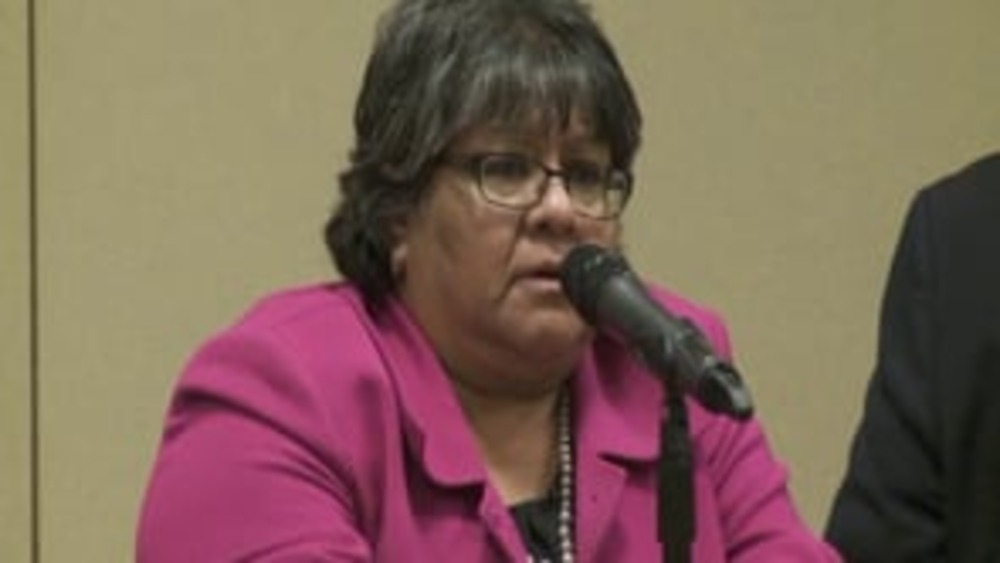Indigenous Governance Database
Walter Phelps
Thumbnail

Luann Leonard, Stephen Roe Lewis and Walter Phelps: Bridging the Gap: How Native Culture Forges Native Leaders
Luann Leonard (Hopi), Stephen Roe Lewis (Gila River Indian Community), and Walter Phelps (Navajo) discuss how their personal approaches to leadership have been and continue to be informed by their Native nations' distinct cultures and core values and those keepers of the culture in their…
